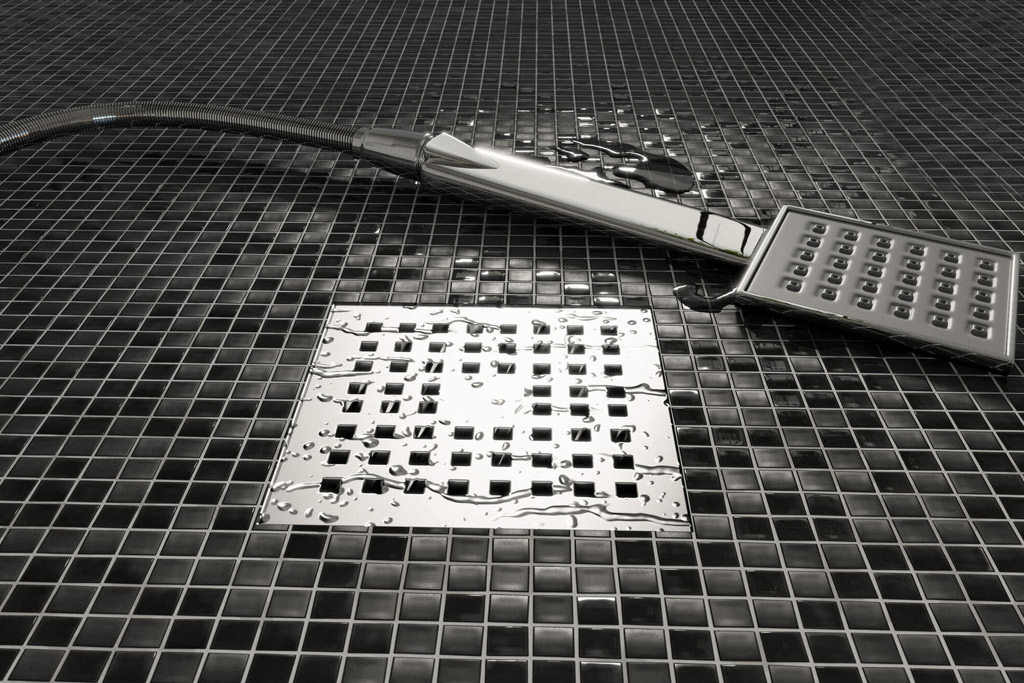Water in, under, or next to a track or pavement structure can weaken it. The performance of a track bed or road surface can be improved by removing this water.
The performance standards for an unbound pavement in a monsoon zone and an asphalt pavement in an area prone to ground frost will differ.
The contemporary substitute can now be used in place of conventional roadside trench drains that use gravel filters. These geo-composite drains lower expenses, backfill volume, and excavation requirements.
- A suitable drainage compound must be chosen based on:
- The location on the pavement that was supposed
- It will come into contact with certain materials.
- The necessary drainage capacity
Drains are frequently found next to highways, where rainwater runoff is gathered in a linear drain known as a “trench.” A horizontal drainage layer beneath the roadway can remove potentially unstable water from the road foundation layers where groundwater is close to the surface.
Alternatives to conventional granular drains that are both more affordable and technically superior are offered by our solution line of drainage geo-composites. Our method creates a free water flow conduit from the nearby soils.
Filtration, separation, and protection of the core are ensured by geotextiles or geomembranes that are adhered to one or both sides of the core. Simply put, they prevent soil from clogging the drainage core. In order to meet both technical and financial requirements, we seek to select the most suitable product for each individual application by combining different geotextiles with various kinds of drainage core materials.
With faster installation times, measurable performance, and lower construction costs than typical gravel drainage, MacDrain® can replace it thanks to lab-tested performance and quality-controlled production. The project’s environmental impact is also lessened via fewer truck movements to and from the project site and less mining of gravel.

